‘Beefing Up Markets & Processing’ panel planned for Nov. 11
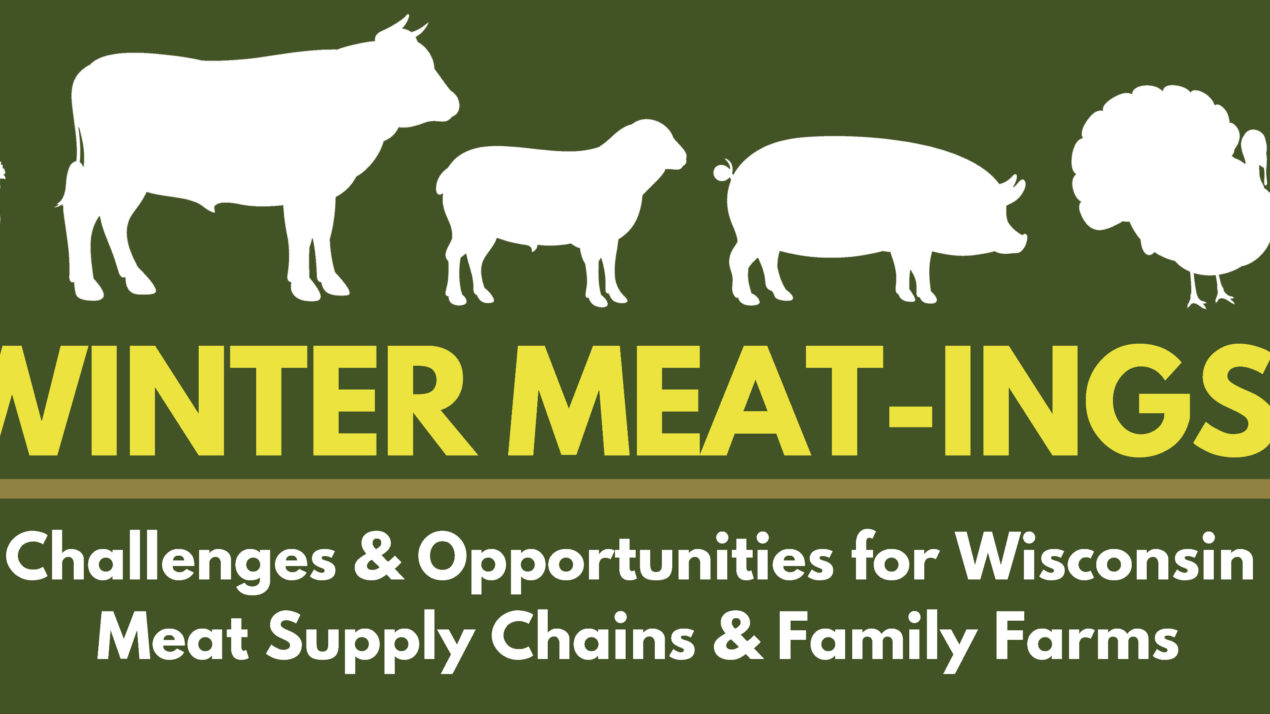
hallenges and opportunities arising around meat processing in Wisconsin will be the focus of a Nov. 11 virtual panel discussion, “Beefing Up Markets & Processing.” Hosted by the Columbia, Sauk and Chippewa County Farmers Union chapters, the event will focus specifically on beef markets, but also include conversation of wider meat markets and supply chains. Panelists will include:
· Dorothy Harms, Valley Springs Farm and vice president of the Sauk County Farmers Union
· Kurt Larson, CEO of Equity Cooperative Livestock Sales Association
· Jeff Swenson, DATCP Livestock and Meat Specialist
The discussion will be moderated by Columbia County Farmers Union Vice President Sarah Lloyd.
“COVID-19 and the resulting economic shutdown really showed us how brittle our agricultural markets are. We look forward to coming together to learn how farmers are doing and discuss how we can make markets and supply chains more robust in this new reality,” said Lloyd, who farms with her husband and his family at NelDell Farms in Wisconsin Dells.
The panel discussion will kick off at 7pm. There will be time for Q&A from participants and a look at how current Wisconsin Farmers Union policy covers beef markets and meat processing. WFU members are invited to stay on after the panel and discussion to talk about possible policy resolutions regarding beef markets and processing for the 2021 WFU policy agenda setting.
To receive the Zoom link or phone number, please register by clicking on the event and then the “Register for Event” button in the upper righthand corner at www.wisconsinfarmersunion.com/events.
Winter series planned on meat processing
WFU is planning a “Winter Meat-ings” series on solutions to meat processing struggles in the state.
“Meat Processing Infrastructure was one of the Special Orders of Business set by the grassroots membership at our 2020 convention, and it’s an issue that has become even more critical in light of the supply chain struggles around the pandemic,” said Wisconsin Farmers Union President Darin Von Ruden. “This series will give farmers, processors, rural leaders, and other stakeholders a chance to come together in search of creative solutions.”
Planned dates and topics include:
· December 10: Farmer & Processor Perspectives
· January 14: Mobile Slaughtering & On-Farm Solutions
· January 28: Creative Cooperative & Community Solutions
· February 11: State & Federal Policy Solutions
· March 11: Labor Struggles & Solutions
Each of the virtual events will happen at noon and will include a Zoom webinar or call-in option. RSVP at www.wisconsinfarmersunion.com/events. Learn more about this topic and potential solutions at www.wisconsinfarmersunion.com/processing.
Midwest Horse Fair Clinic Participant Application Now Open

The following is courtesy of the Midwest Horse Fair’s “New Flash” newsletter.
Yee-Haw! The application for the 2021 Midwest Horse Fair Clinic Participant Application is available right NOW!
Have some fun all while having the opportunity to work with dedicated industry professionals to fine-tune and discover you and your horses’ skills!
Midwest Horse Fair has an unsurpassed selection of talented and nationally recognized equine educators excited to share their knowledge with you!
Hit the trail now as the Clinic Participant Application closes January 6, so make sure to get your application in!
You can find the application by clicking right here.
Inaugural Winner of Joan Behr Rural Opportunities Scholarship Announced
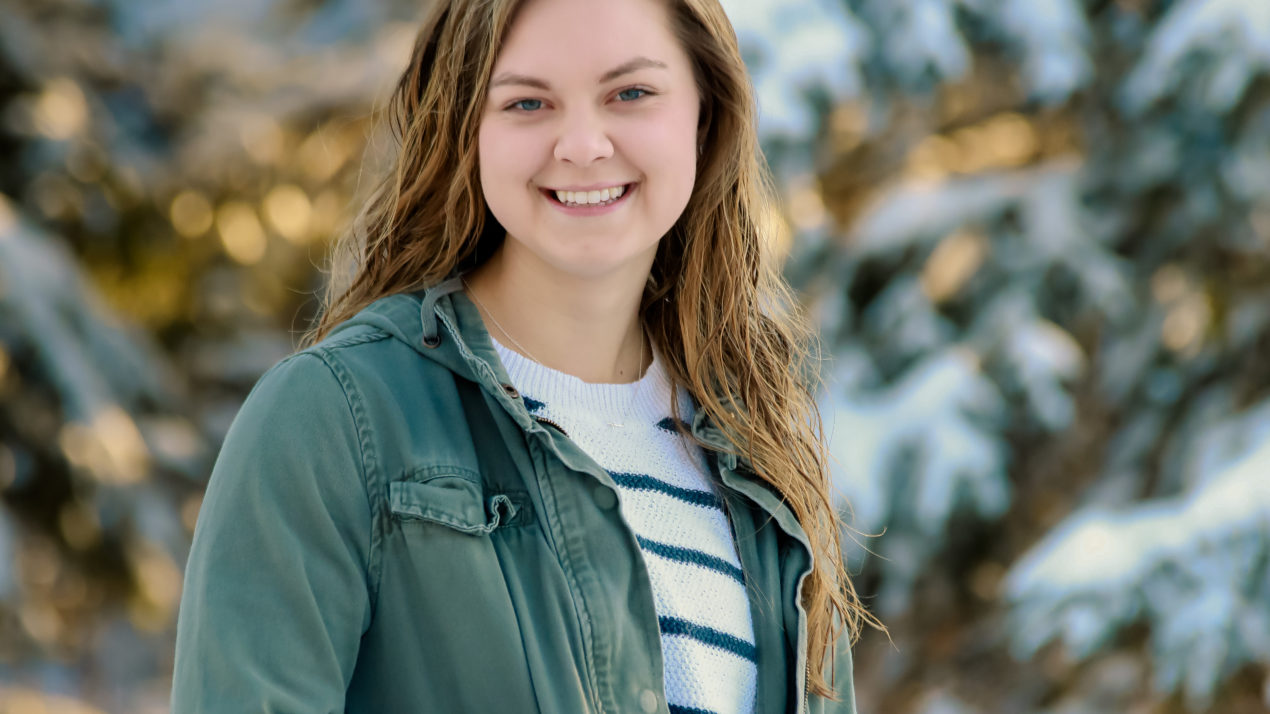
Melissa Srnka of Algoma, Wis. was awarded $1000 towards her education as the Joan Behr Wisconsin Rural Opportunities Foundation, Inc. (WORF) Board Scholar. She was selected from over 300 applicants from rural Wisconsin. “This scholarship directly reflects all of my hard work in community service, sports, academics, and 12 years of schooling,” says Srnka. “With this scholarship, I am able to lighten my financial burden and focus on the most important part of my schooling, learning.”
Srnka is the daughter of Scott and Tina Srnka. She graduated top of her class from Algoma High School and is now attending the University of Wisconsin-Green Bay pursuing an education in physical therapy. “UW-Green Bay will allow me to make connections for my future in the workforce by being connected to the Green Bay Packers and Bellin Health,” she states.
Being the fourth generation on the family’s dairy farm in a rural community, Srnka developed a strong work ethic and bond with the community. She is quick to lend a hand and volunteer as demonstrated by donating her fair project winnings one year to a local family facing rising debt due to medical expenses. It is ties like this, that draw Srnka back to her community upon the completion of her six years of education and training. Additionally, as a physical therapist, she will be providing a needed service to this rural Wisconsin area.
During her high school tenure, Srnka was involved in softball, National Honor Society, Student Council and was a student mentor. Additionally, coached middle school basketball and was instrumental in the remodeling of the music rooms at her school. In her free time, she enjoys band, choir, triathlons and working with dairy cattle. The WROF is honored to announce the inaugural class of board scholars. Nine rural Wisconsin students were selected to receive a scholarship that is funded and supported by a board member of the WROF.
“Knowledge is the foundation of success. My hope is that this award will allow our students to focus on their education and personal development, rather than worry about funding their education. By helping them achieve their personal education dreams, they will be able to contribute to the future success of rural Wisconsin”, says Joan Behr, the WROF President and scholar sponsor.
Since 1934, the Wisconsin Rural Opportunities Foundation, Inc. has invested in the education of people from rural Wisconsin so they, in turn, can transform and improve the economic health and quality of life in their rural areas. As a 501(c)(3) charitable foundation, more than 6000 individuals have received over $6.2 million in scholarships and grants in agricultural and rural health care education in over 30 different Wisconsin educational institutions and programs.
Deer Hunters Encouraged To Help Families In Need Through Deer Donation Program

Each year, hunters, meat processors and food pantries help families in need by working closely with the Wisconsin Department of Natural Resources (DNR) and its partners to donate thousands of pounds of venison to Wisconsin food pantries.
“Whether it is harvesting an extra deer or donating the only deer they shoot, Wisconsin hunters have historically shown their willingness to help others by donating deer to the Deer Donation Program,” said Sarah Wyrick, DNR wildlife damage program assistant. “As deer hunters begin preparations for this hunting season, we encourage them to consider the Deer Donation Program.”
Since Wisconsin’s Deer Donation Program first began in 2000, more than 92,000 deer have been donated, totaling more than 3.7 million pounds of venison distributed to food pantries across the state.
“There are a couple of ways hunters can help,” said Wyrick. “Hunters can donate a deer at one of the participating meat processors, or when they purchase a hunting license, they can make a monetary donation to help cover venison processing costs.”
Hunters are advised to plan for their donation by locating a participating processor and having their deer tested for CWD. Hunters should also call the participating processor before dropping off deer to make sure the processor is prepared to accept the deer.
The DNR thanks all deer hunters and meat processors that have participated in the deer donation program throughout the years.
Visit the DNR website to learn about the DNR’s deer donation program and how to help, as well as find a list of participating meat processors and CWD sampling requirements.
Bean Harvest Nearly Done; Corn Over Halfway Completed
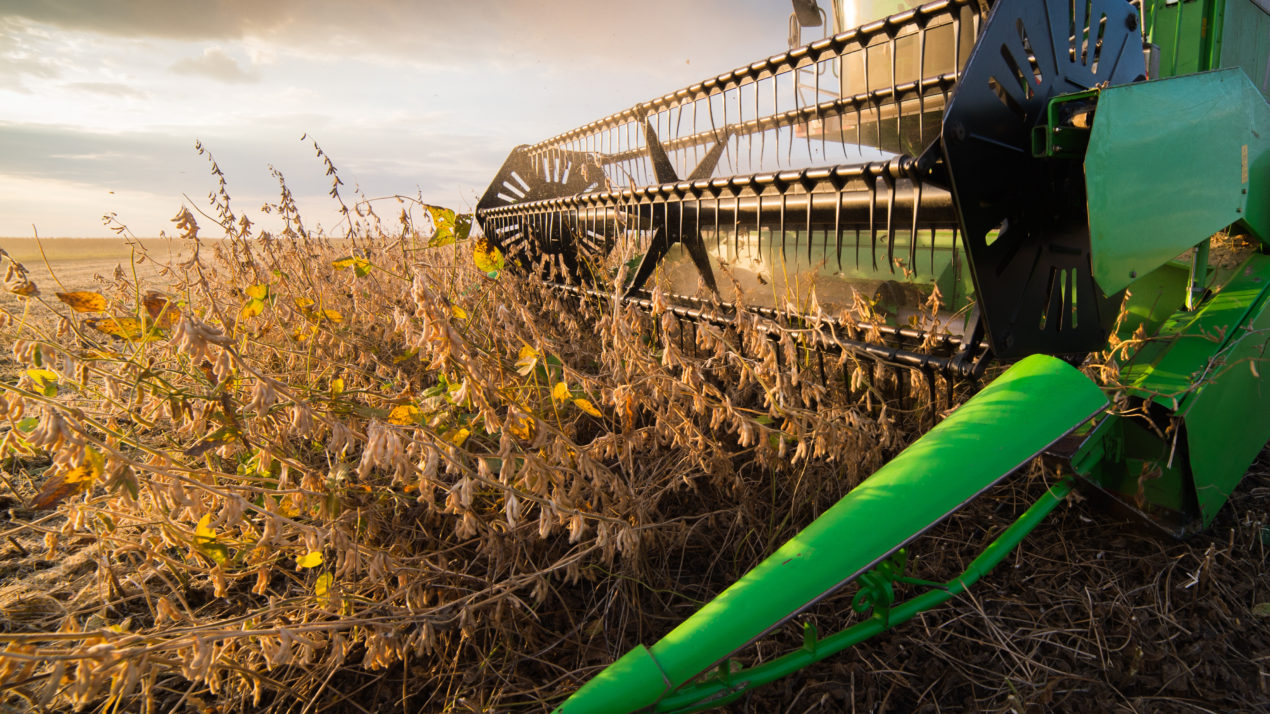
Wisconsin had 5.3 days suitable for fieldwork for the week ending November 1, 2020, according to the USDA’s National Agricultural Statistics Service. Temperatures were well below normal again this week, with nightly lows in the teens and twenties. Dry, windy, sunny days cleared up most of the snow cover and excess soil moisture delivered by last week’s storm allowing fieldwork to resume midweek. The soybean harvest was approaching completion and good progress was made combining corn. Reporters commented that grain moistures were favorably low. Dairy producers were ahead of schedule with manure spreading. Cold temperatures in recent weeks have slowed the development of winter wheat and other fall planted crops.
Topsoil moisture condition rated 1% very short, 8% short, 81% adequate and 10% surplus. Subsoil moisture condition rated 1% very short, 10% short, 80% adequate and 9% surplus.
Corn for grain harvest was 55% complete, 22 days ahead of last year and 6 days ahead of the 5-year average. The moisture content of corn harvested for grain was reported at 20%. Corn condition rated 81% good to excellent statewide, up 1 percentage point from last week.
Soybean harvest was 91% complete, more than 4 weeks ahead of last year and 2 weeks ahead of the average. Winter wheat planted was 97% complete, more than 4 weeks ahead of last year and 23 days ahead of the average.
Seventy-eight percent of winter wheat was emerged, more than 4 weeks
ahead of last year and 6 days ahead of the average. Winter wheat condition rated 84% good to excellent statewide, up 3 percentage points from last week.
Fall tillage was reported as 49% complete, more than 4 weeks ahead of last year and 9 days ahead of the average.
Special Pesticide Registration Proposed for VAPAM® HL Soil Fumigant for Use on Ginseng
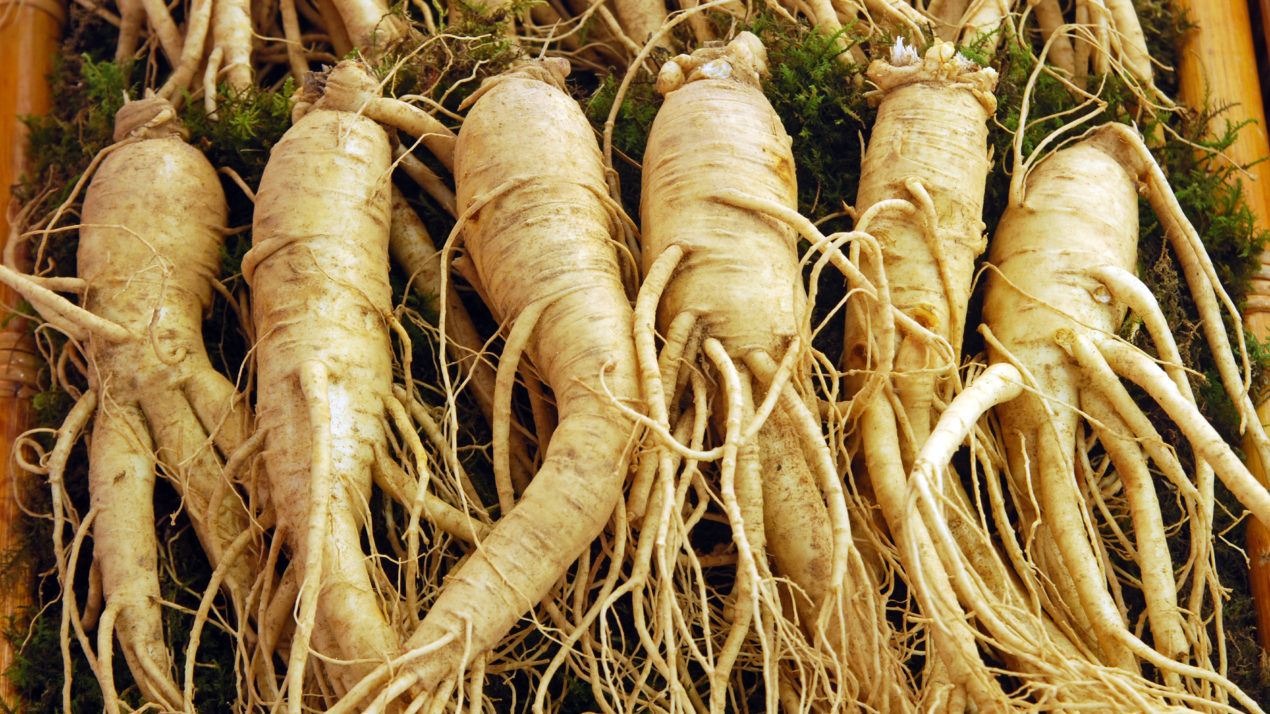
The Wisconsin Department of Agriculture, Trade and Consumer Protection (DATCP) is proposing a special pesticide registration for Vapam® HL soil fumigant to control disease, nematode, and weeds in ginseng. Without this control, ginseng root can become infected resulting in abnormal growth, reduced fiber content, and potential plant health export issues. Vapam® HL is currently registered for use on soils after harvest and before planting of various crops in Wisconsin, but not for ginseng which is why a special registration is necessary. The special registration will allow Vapam® HL to be applied to soil before planting ginseng.
This is the first special registration of Vapam® HL with a proposed registration expiration of December 31, 2024. The manufacturer is AMVAC and the active ingredient is metam sodium.
DATCP will accept phone or written comments for this proposed special pesticide registration until 4:30 p.m. on November 9, 2020. Comments will become part of the preliminary environmental assessment record. The preliminary environmental assessment indicates that the proposed registration will not require a full environmental assessment. For a copy of the assessment or to submit comments, contact the following:
Alyssa Foss, DATCP
P.O. Box 8911
Madison, WI, 53708-8911
(608) 224-4547
[email protected]
More Information
The special registration process allows states to register additional uses of pesticide products other than those listed on their labels, without prior federal approval. It helps growers address local pest problems that cannot be adequately controlled by any available federally registered product. These problems include insect outbreaks, fungal diseases, and grasses and weeds that outcompete crops. For more information visit https://datcp.wi.gov/Pages/Programs_Services/SpecialPesticideRegistrations.aspx.
Wisconsin Ag Prices a Mixed Bag as Fall Rolls On
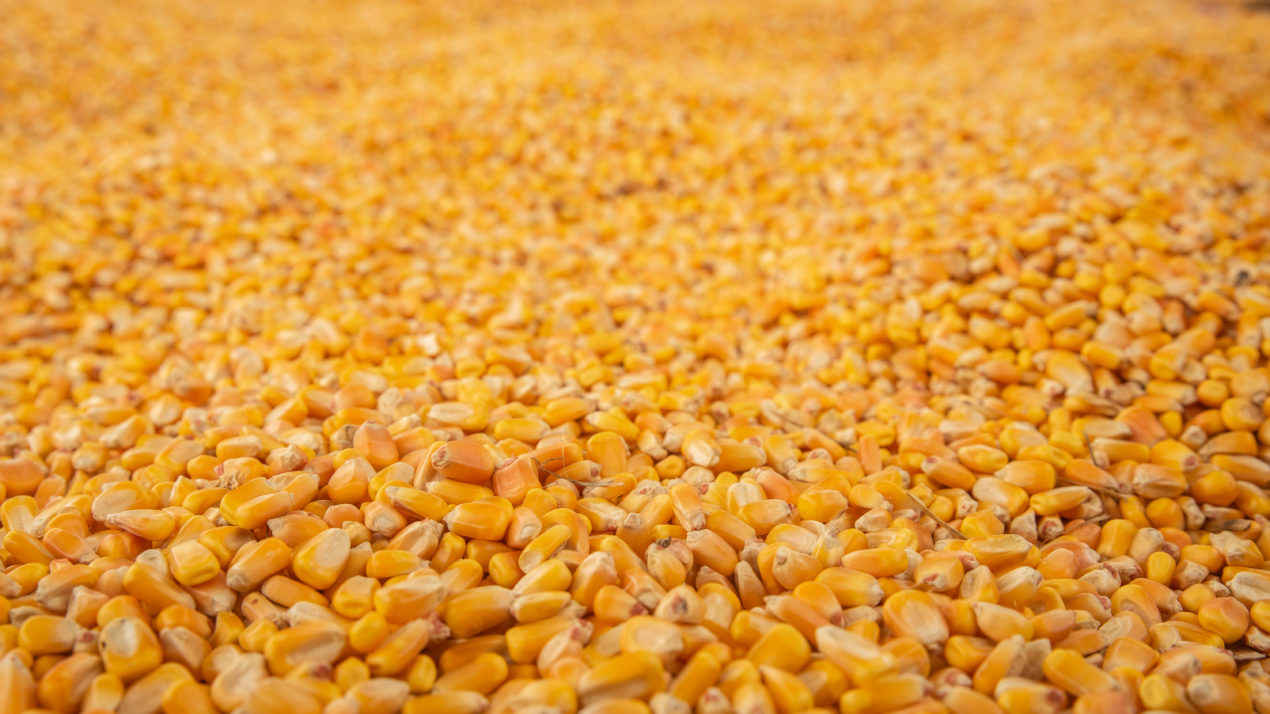
The September 2020 average price received by farmers for corn in Wisconsin was $3.26 per bushel according to the latest USDA, National Agricultural Statistics Service – Agricultural Prices report. This was up 24 cents from August but 43 cents below the previous September.
The September soybean price, at $9.12 per bushel, was up 55 cents from August and up 95 cents from the previous September.
The September oat price was $2.35 per bushel, down 15 cents from the August price and 72 cents below September 2019.
All hay prices in Wisconsin averaged $146.00 per ton in September, down $4.00 from August and down $30.00 from September 2019. The alfalfa hay price averaged $159.00 per ton in September, down $5.00 from August and $31.00 below the previous September. The other hay price averaged $110.00, down $2.00 from August and $15.00 below the September 2019 price.
The September average price for milk was $17.70 per cwt, down $1.70 from August and $2.20 below September a year ago. Prices received for milk cows for dairy herd replacement averaged $1,420 per head as of October 1, 2020.
WCO Gffers Grant Awards Up To $5,000
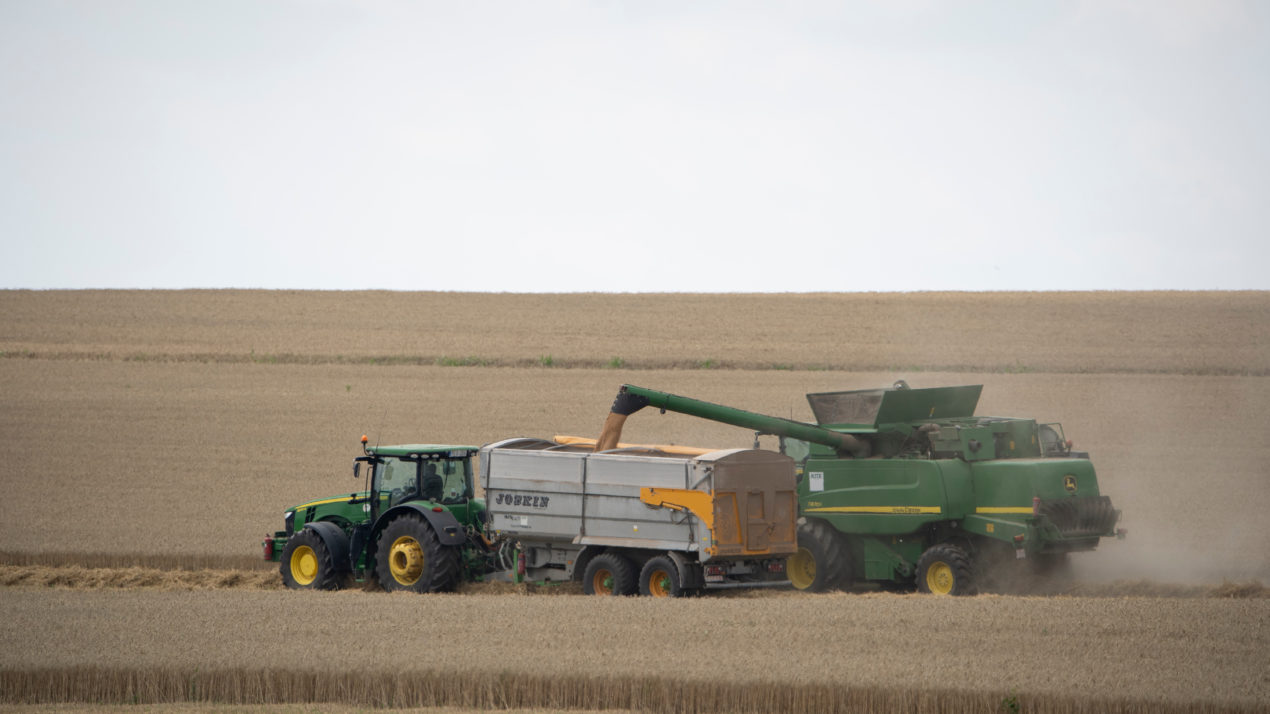
The Wisconsin Custom Operators, Inc. (WCO) recently created a grant program to provide smaller, more flexible awards to assist with important projects or programs that will benefit custom farming and the ag community as a whole.
Applications are accepted on a rolling basis. Awards range from $500-$5,000. Funding is available as soon as application is approved by the WCO Scholarship and Awards Committee. Funds are distributed as follows: 50 percent upon application approval and 50 percent upon receipt of final report.
Priority is given to projects that:
- Directly benefit the custom farming community
- Involve custom farmers or clients of custom farmers
- Involve post-secondary student research or organization opportunities
- Emphasize farm safety and health, leadership, teamwork, sustainability, innovation or community involvement
Who can apply:
- University/technical college faculty, staff, students, student organizations
- Non-profit organization, with an IRS status of 501(c)(3) or (c)(5)
- Others as deemed appropriate by the WCO Scholarship and Awards Committee
Examples of programs we will consider funding:
- Funding for student researchers or other staff as part of a larger project
- Costs associated with hosting an event, research symposium, farmer meeting etc.
- Speaker travel, per diem, honorarium, continuing education or other expenses
- Incentive funds for farmers/custom farmers to try new practices
“There are groups out there doing great work, even in the middle of a pandemic! We created this program to provide small but flexible awards to help facilitate new events, community programs, incentive programs or innovative ideas,” said Bryce O’Leary, WCO president.
Applications for the WCO mini-grant program are accepted and approved on a rolling basis. 50 percent of funds are available immediately upon application approval. Applicants do not need to be members of WCO.
Visit https://wiscustomoperators.org/about/mini-grant.php for more information including eligibility, criteria and application.
NPPC Petition Leads to U.S. Trade Sanctions Against Thailand
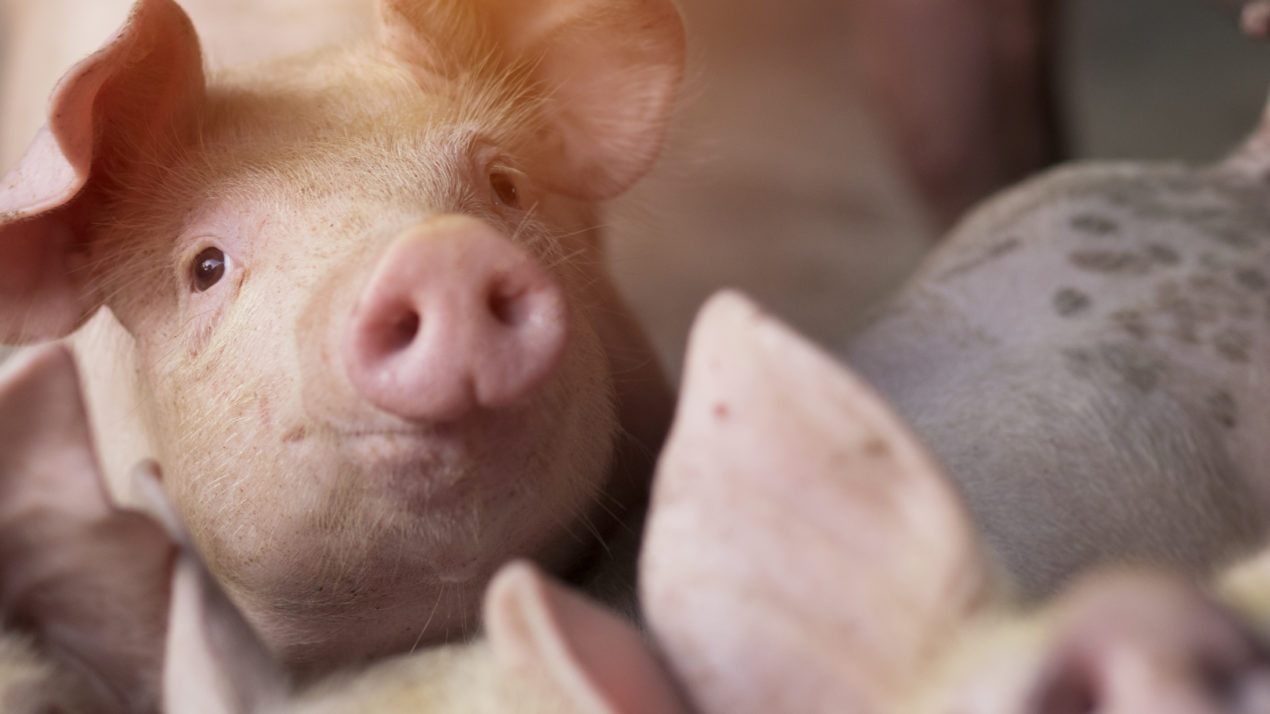
The U.S. Trade Representative (USTR) today announced it is suspending $817 million in trade preferences for Thailand under the Generalized System of Preferences (GSP) program because the country hasn’t made sufficient progress providing the United States with “equitable and reasonable market access” for pork products. The decision follows a 2018 petition by the National Pork Producers Council (NPPC) asking the USTR to review Thailand’s eligibility for the GSP program, one that offers duty-free treatment to certain goods entering the United States.
“For years, Thailand has taken full advantage of special U.S. trade benefits, while imposing a completely unjustified de facto ban on U.S. pork. This is hardly a reciprocal trading relationship,” said NPPC President Howard “AV” Roth, a hog farmer from Wauzeka, Wisconsin. “We thank the administration for taking this action and hope it results in fair access to the Thai market for U.S. hog farmers.”
The United States is Thailand’s number one export market, with almost $4 billion of products annually sent to America under the GSP. Yet Thailand maintains a de facto ban on U.S. pork imports through high tariffs and several non-tariffs barriers. Thailand does not accept uncooked pork and pork offal from the United States, and it rarely, if ever, grants import licenses for U.S. pork. Even if such permits are granted, Thailand imposes a fee for imported pork equal to about $220 per metric ton compared with $7.50 per metric ton for domestically produced pork.
While the United States ships high-quality, safe and affordable pork to more than 100 countries annually, unjustified restrictions have kept U.S. pork locked out of Thailand’s large market.
A copy of NPPC’s April 2018 USTR petition on Thailand is available here.
Gallagher Leads Effort to Protect Food Producers’ Access to Overseas Markets
The lawmakers wrote, “The European Union has used GIs to raise trade barriers for products labeled with common food terms, as well as traditional wine terms. Examples include, but are not limited to, bologna, parmesan, chateau, and feta. We urge the Office of the U.S. Trade Representative (USTR) and U.S. Department of Agriculture (USDA) to draw upon the type of precedents and commitments established in the United States-Canada-Mexico Agreement (USMCA) to further strengthen protections for U.S. producers by negotiating agricultural market access safeguards for products marketed using specific common food terms, traditional terms, or legitimate plant and grape varietals in all future U.S. trade negotiations, particularly those of importance to U.S. cheese, meat, and wine producers.”
The letter, addressed to U.S. Secretary of Agriculture Sonny Perdue and U.S. Trade Representative Robert Lighthizer, is part of an effort to ensure that American farmers and food producers have access to fair trade rules overseas.
“This issue – keeping common cheese names available around the world – is crucial to the growth of Wisconsin’s $46 billion dairy farming and dairy manufacturing industry. Generations of Wisconsin cheesemakers craft cheese styles that rival or best European cheeses in international competitions. Cheese styles and names in use for decades, if not centuries, should not be taken away from America’s dairy industry as we build successful trade in global markets,” said John Umhoefer, Executive Director of the Wisconsin Cheese Makers Association.
Reps. Jim Costa (D-CA), Jodey Arrington (R-TX), Angie Craig (D-MN), Dusty Johnson (R-SD), Ron Kind (D-WI), Mike Kelly (R-PA), and Jimmy Panetta (D-CA) joined Rep. Gallagher in leading the letter, which was signed by more than 100 members of the House.
The letter can be found here and full text of the letter is below:


